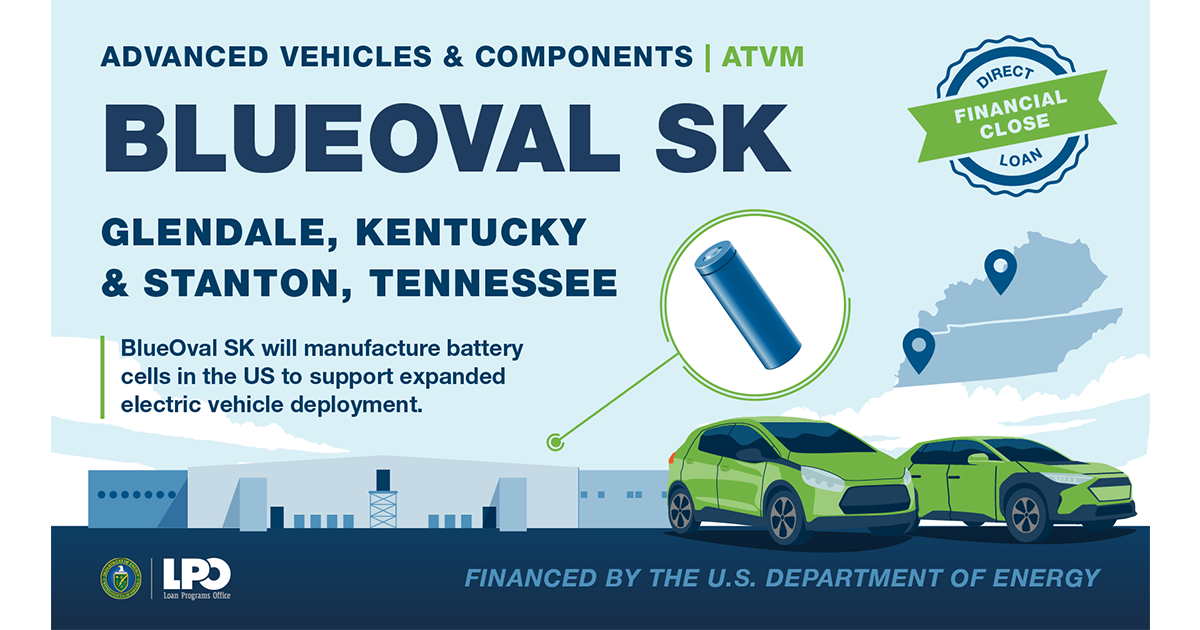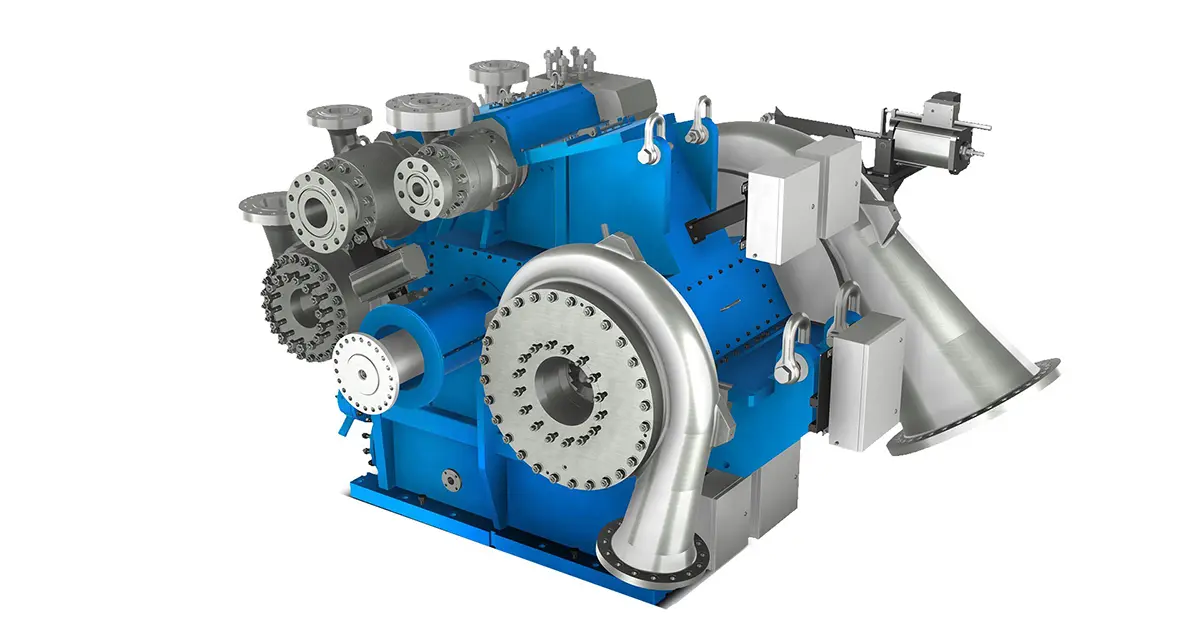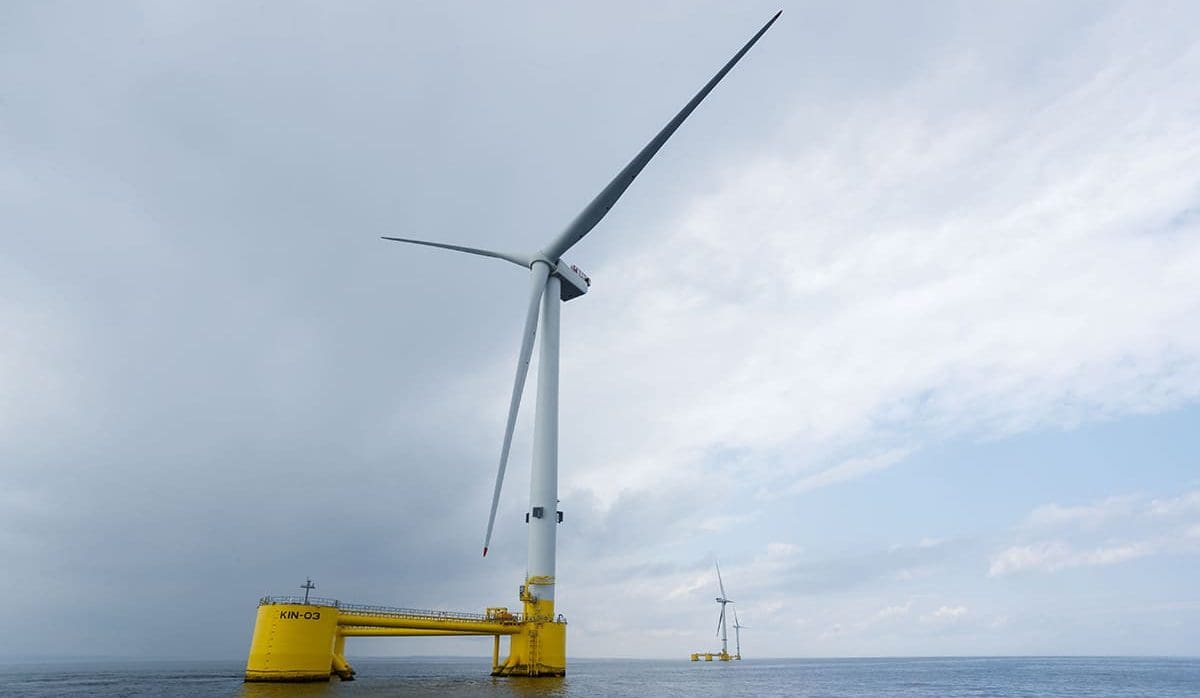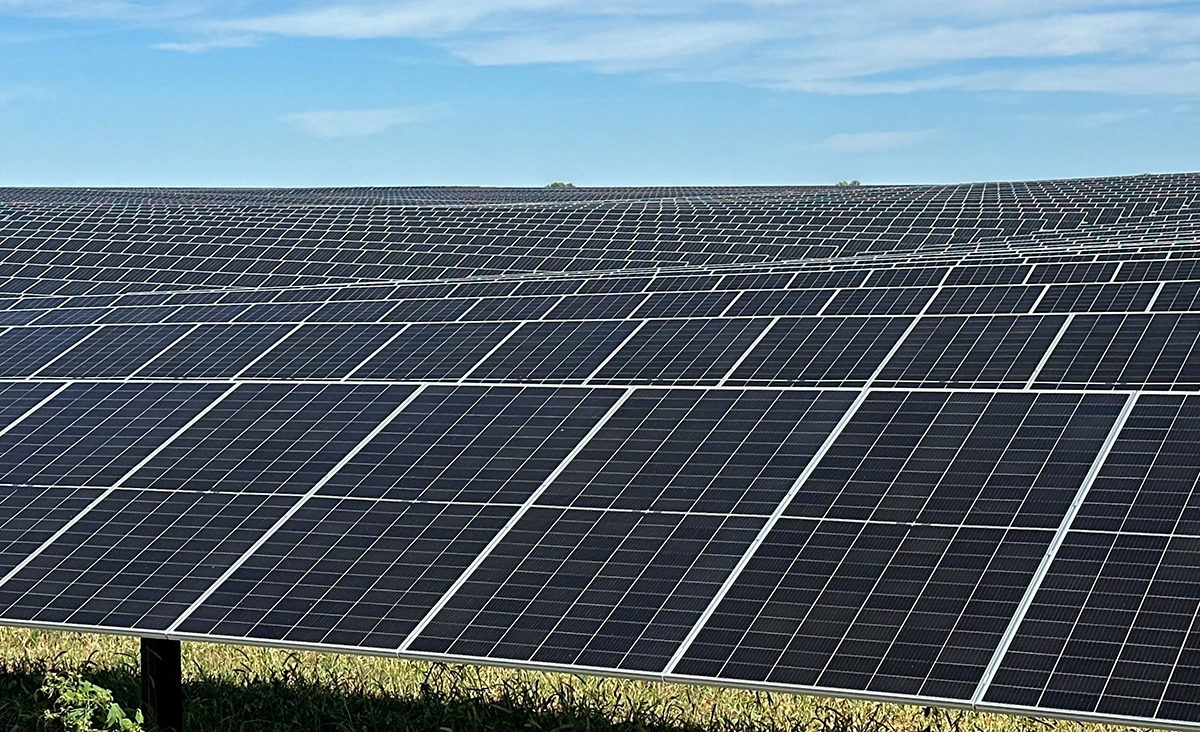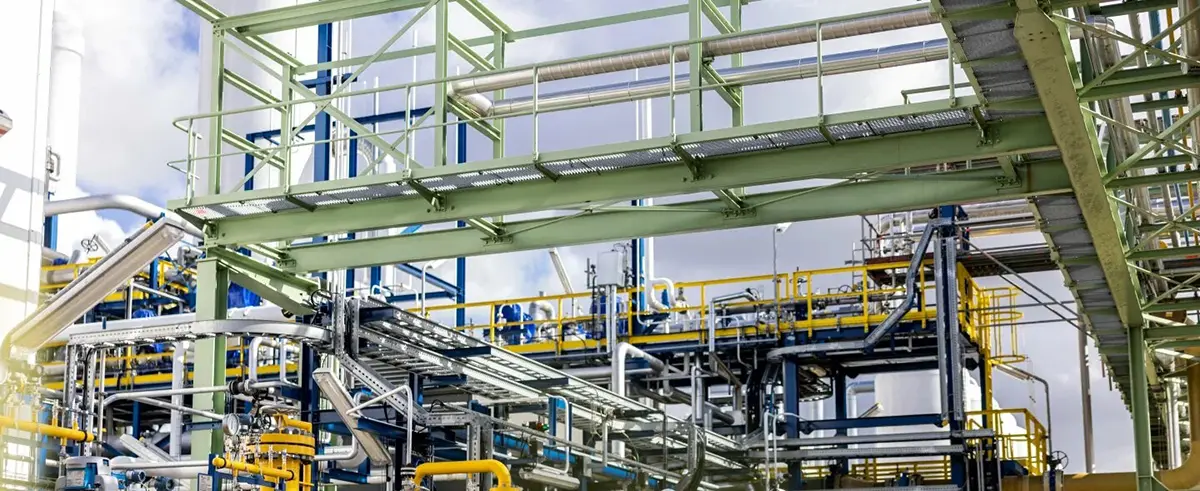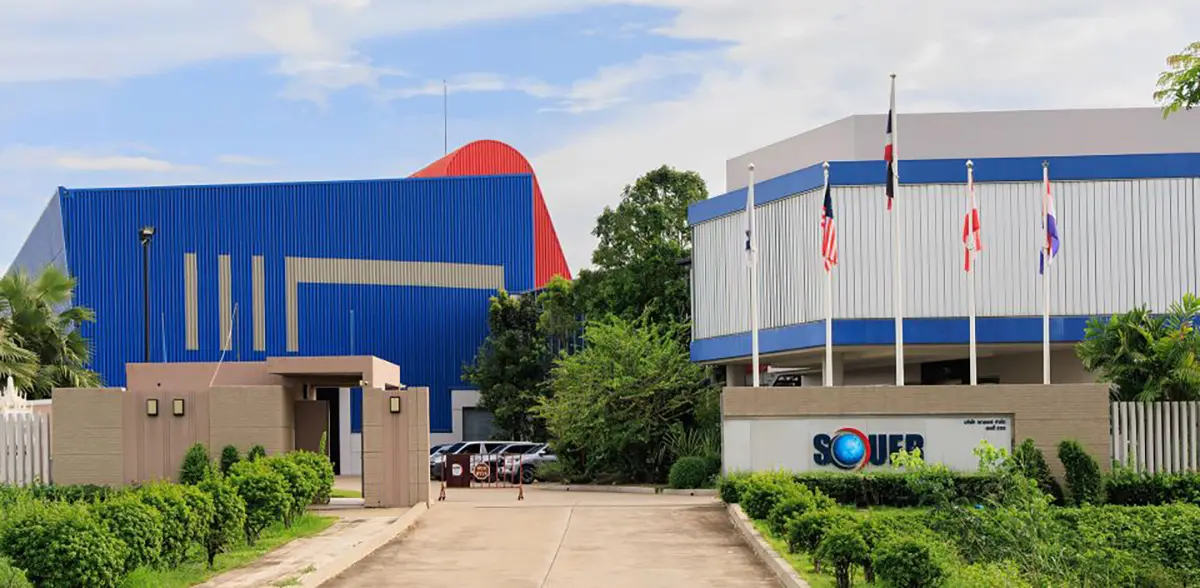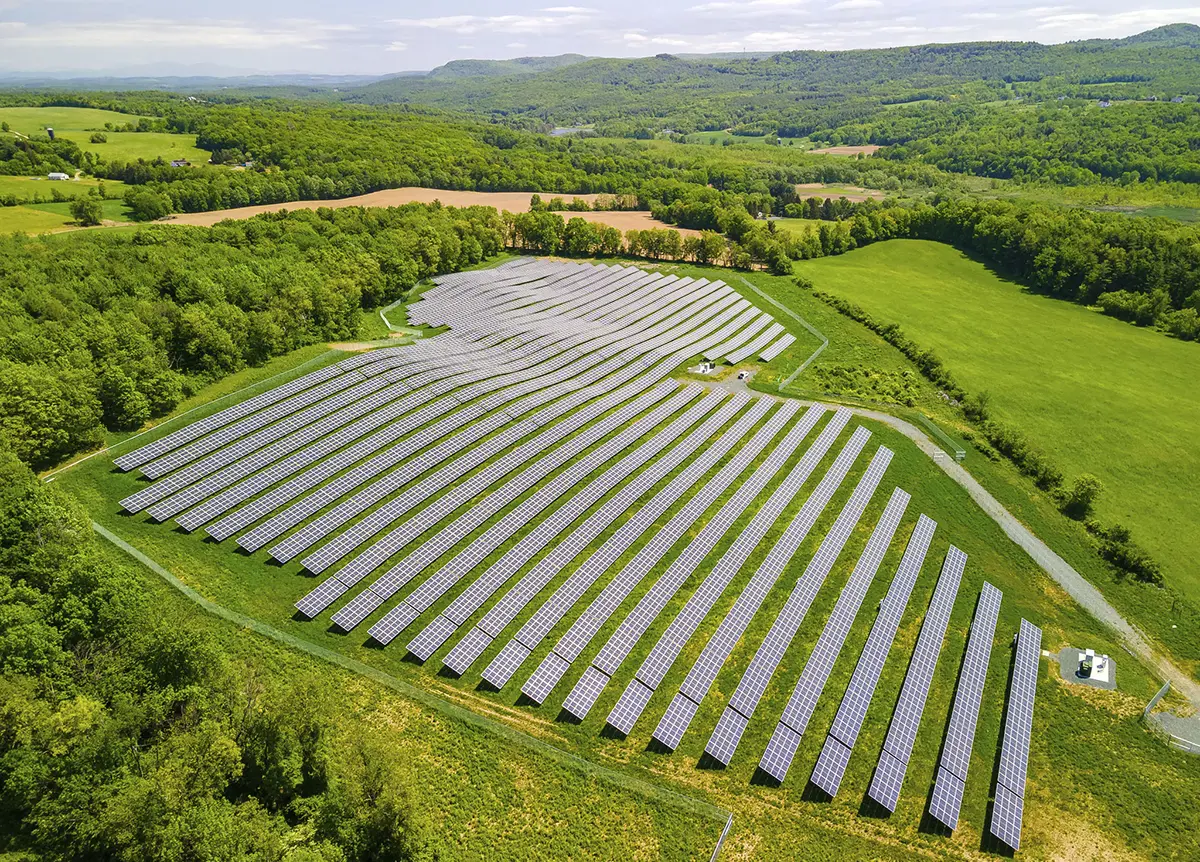
Honeywell Buys Air Products’ LNG Process Technology And Equipment Business For US$1.81 Billion
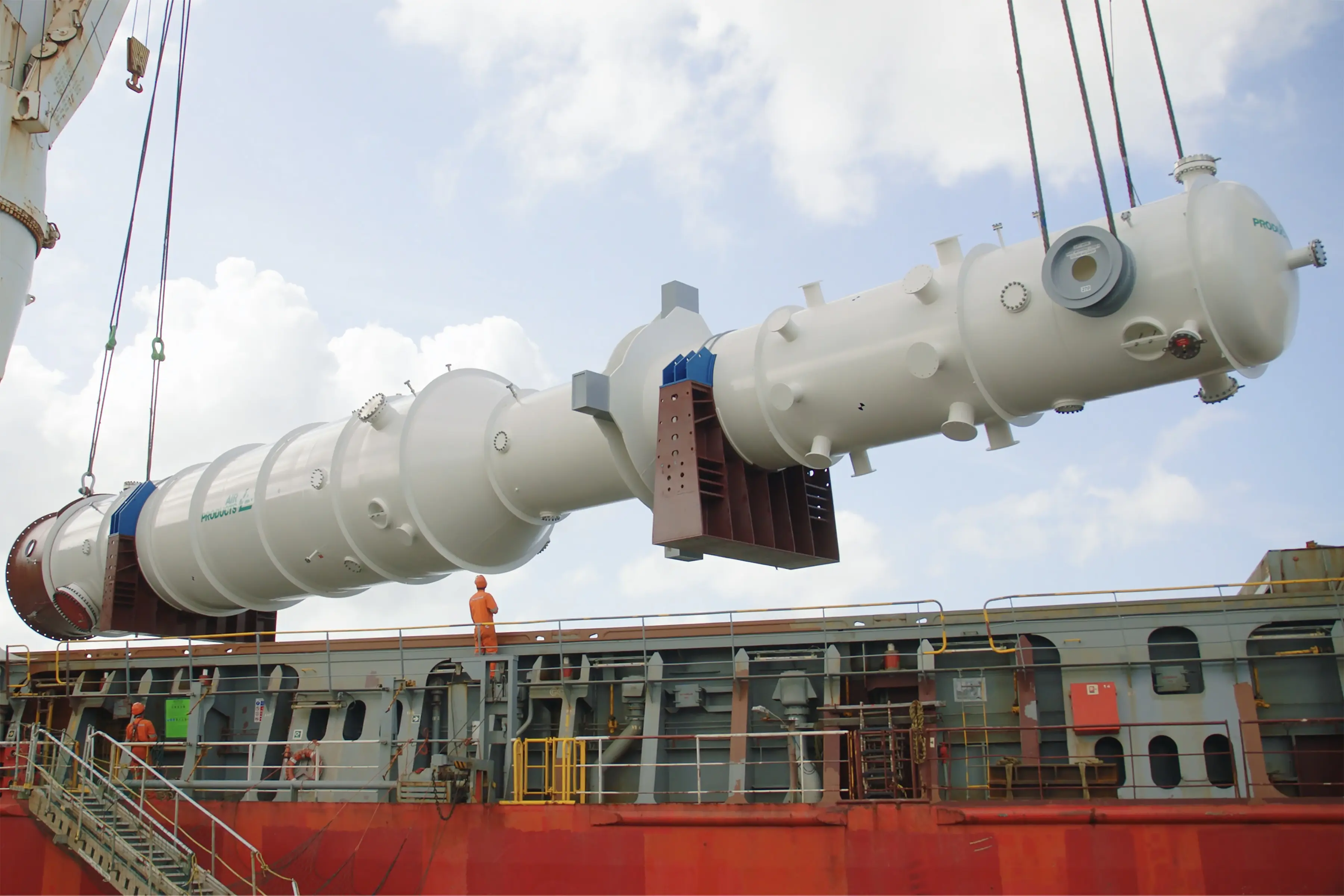
Honeywell and Air Products jointly announced that Honeywell has agreed to acquire Air Products’ liquefied natural gas (LNG) process technology and equipment business for US$1.81 billion in an all-cash transaction. This represents approximately 13x estimated 2024 earnings before interest, taxes, depreciation, and amortization. The acquisitions will expand Honeywell’s LNG offering to include natural gas pretreatment and liquefaction, using digital automation technologies unified under the Honeywell Forge and Experion platforms. Honeywell said the full-service solution will enable efficient, reliable, and optimized management of natural gas assets.
Currently, Honeywell provides a pretreatment solution serving LNG customers globally. Air Products’ complementary LNG process technology and equipment business consists of a comprehensive portfolio, including in-house design and manufacturing of coil-wound heat exchangers (CWHE) and related equipment. CWHEs can provide the highest throughput of natural gas in a single exchanger with a small footprint for onshore and offshore applications.
“While the world continues to build the renewable-based energy infrastructure of the future, natural gas is a critical lower-emissions and affordable transition fuel that will help meet ever-increasing and dynamic global energy demands,” said Vimal Kapur, chair and chief executive officer (CEO) of Honeywell. “This highly complementary acquisition will further strengthen our energy transition portfolio, and Air Products’ CWHE technology will immediately expand our installed base, creating new opportunities to compound growth in aftermarket services and digitalization through our Honeywell Forge platform.”
“The decision to divest our LNG heat exchanger technology and equipment business reflects Air Products’ continued focus on its two-pillar strategy, to grow our core industrial gas business and related technology and equipment, and to be a first mover delivering clean hydrogen at scale to decarbonize industrial and heavy-duty transportation sectors,” said Air Products’ Chair, President, and CEO Seifi Ghasemi. “The LNG business is a great business and at its strongest point in its decades-long history thanks to the outstanding work of our people, and they will be in good hands to advance as part of Honeywell’s related portfolio of technologies.”
According to the LNG Industry Trends report by Deloitte US, the LNG market has quadrupled over the past 20 years and is expected to double over the next two decades, driven by demand in key end markets including power and data centers according to industry research.
“The integration of this talented team and the acquired proprietary technologies will enable Honeywell UOP to bring a full spectrum of scalable solutions and services that help our global customers navigate the complex journey to more sustainable and efficient energy practices,” said Ken West, president and CEO of Honeywell’s energy and sustainability solutions segment.
Air Products’ LNG Business has approximately 475 employees with headquarters in Allentown, Pennsylvania, and a 390,000 sq.ft. (36,232 m2) manufacturing facility in Port Manatee, Florida, where all sizes of CWHEs are made.
This is the fourth acquisition Honeywell has announced this year as it focuses on high-return acquisitions that will drive future growth across its portfolio. Honeywell is investing in three megatrends, automation, the future of aviation, and the energy transition.
This transaction is expected to be adjusted earnings per share accretive in the first full year of ownership. It is not subject to any financing conditions and is expected to close before the end of the calendar year, subject to customary closing conditions, including receipt of certain regulatory approvals.

